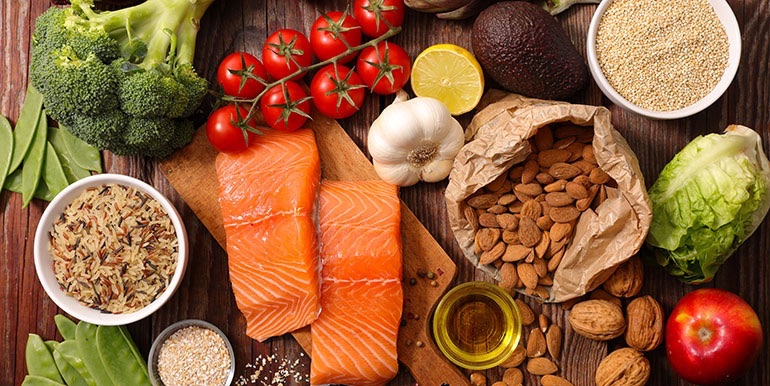World’s largest cancer and lifestyle database revealed
One of the world’s largest catalogues of scientific evidence relating to cancer and lifestyle factors that influence the disease will be showcased at the World Cancer Congress today (Tues Aug 28).
Image credit: shutterstock.com
World Cancer Research Fund and the American Institute for Cancer Research (WCRF/AICR) will be presenting the work of the Continuous Update Project (CUP) at the Montreal conference.
Professor Alan Jackson, chair of the CUP panel and professor of human nutrition at the University of Southampton, said: “The CUP is one of the world’s leading cancer prevention projects and the largest central resource for scientific evidence on diet, physical activity, body weight and cancer – its findings are shaping our response to the disease and will do for decades to come.
“Its strength lies in constructing a ‘bigger picture’ of cancer research – putting together individual studies and drawing conclusions that lead to potentially life-saving recommendations to reduce people’s cancer risk. It is hugely important to our understanding of how these lifestyle factors affect the development of cancer.”
He added: “Cancer prevention continues to be a neglected field compared to treatment and care but WCRF/AICR believes prevention is an urgent global challenge. It’s estimated that the number of global cancer cases will rise to 21 million by 2030 – we need to act now to turn the tide.”
The CUP is an ongoing review of diet, physical activity, body weight and cancer research that captures and assesses the latest evidence in a systematic and thorough way.
A team of scientists at Imperial College, London – funded and supported by WCRF/AICR – identifies relevant research, adds the information to a central database and systematically analyses it. To date, the CUP has added more than 2,600 papers on eight cancers – breast, prostate, bowel, pancreatic, endometrial, ovarian, bladder and kidney – and is in the early stages of reviewing new research on breast cancer survivors.
To give some idea of the scale of the task: for some cancers, there has been as much research on nutrition conducted in the past seven years as was carried out over the preceding 50 years. The CUP is the only project logging and analysing these data.
An independent panel of expert scientists – the CUP panel – judges the research findings as each cancer type is updated and makes conclusions to give people advice on reducing their cancer risk. The panel also continually reviews analytic methods as the process evolves, ensuring the scientific community can be confident that the most up-to-date information is available.
So far the CUP has produced clear evidence about the risk factors for breast and bowel cancer – the two of the most common cancers in the world.
It found that a high level of red and processed meat consumption and greater body weight increases bowel cancer risk while being physically active and eating a fibre-rich diet reduces it. Greater body weight and higher alcohol intake increases breast cancer risk while breastfeeding reduces the threat. These findings confirmed WCRF/AICR’s 2007 Recommendations for Cancer Prevention.
The next cancer site the CUP will report on will be pancreatic cancer in October 2012.
This unique and valuable resource will be made available to researchers and scientists once all cancers have been updated, allowing them to access detailed information without needing to search and input the data themselves. The ongoing findings of the CUP also help to identify priority areas for future research.
Reference
- Continuous Update Project by the World Cancer Research Fund (WCRF) and the American Institute for Cancer Research (AICR)
klíčová slova: World Cancer Research Fund (WCRF), American Institute for Cancer Research (AICR), World Cancer Congress, lifestyle factors


